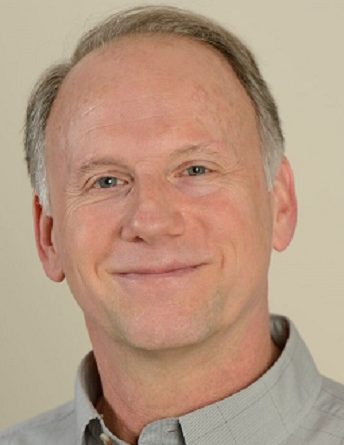Must-Reads Focusing on the Problem of Wealth by Don Richter
The Problem of Wealth urges people of faith to make a paradigm shift. “Instead of asking why some people are so poor, we would ask why other people are so affluent” (14). Three other recent studies support and augment this book’s core thesis:
In Debt: The First 5,000 Years (2011), anthropologist David Graeber portrays how debit/credit accounts existed two thousand years before empires began minting coins. As agricultural economies flourished, landowners kept careful records of peasant debts (on clay tablets before paper) and doled out provisions on promise of repayment. Adam Smith’s assumption—that money was invented to replace the simple barter economy—is romantic myth. Instead, throughout most of recorded history people belonged either to the creditor class or to the debtor class. The class status of one’s family of origin was as ontologically determinative as a caste system. No wonder Hebrew and Christian scriptures are preoccupied with debt codes.
Under Roman occupation, the indebtedness of small farmers and expropriation of their land is the backstory of Jesus’ teaching and ministry. Consider Jesus’ encounter with a rich man in Mark 10:17-22. When Jesus mentions several of the commandments, he includes “You shall not defraud.” This is another way of saying “Thou shalt not covet,” which means more than having inordinate desire for what belongs to somebody else. The commandment not to covet means “Don’t take illegal or legal steps to extort or defraud others of their possessions.” A good example of modern coveting would be pay-day loans and other predatory, high-interest financial mechanisms that drive folks into chronic debt.
Jesus says “Don’t defraud/covet,” yet he perceives that the man before him is rich, and he knows that the only way this man could become rich in first-century, agrarian Palestine was by having defrauded peasants, acquiring their land and exploiting their labor as sharecroppers. Jesus calls the man out by telling him to sell what he owns and give/return the money to the poor. The R-word (reparations) was too high a hurdle for the rich man: “When he heard this, he was shocked and went away grieving, for he had many possessions (or estates).”
A must-read book that begs for the R-word is The Color of Law (2017), by Richard Rothstein. Listen to the Fresh Air interview with author (or read the transcript) to learn how local, state, and federal authorities enforced legal housing segregation policies throughout the 20th century, resulting in a massive wealth accumulation by white Americans. Another fitting title for this book would be: “White Privilege Has a Home.” Rothstein argues that our government exacerbated wealth inequality by widespread social engineering; therefore, restorative justice now requires new social engineering initiatives to remedy this inequity.
A third book that tackles the problem of wealth is Dream Hoarders (2017), by Richard Reeves of the Brookings Institution. Reeves, a native Brit, contends that the top 20% — not just the top 1% — have been big winners in acquiring financial and social capital during the past 3-4 decades. The upper middle class especially has been complicit in hoarding opportunities in five sectors: income and wealth, educational attainment, family structure, geography, health and longevity. As a result, the USA is becoming a class-based society, more like Downton Abbey than most would care to admit. Higher income kids stay up at the sticky top of the income distribution. Lower income kids stay down at the bottom.
The four books cited are essential reading for all leaders of faith communities today. Indeed, Christian clergy here in Louisville have been encouraged to read The Color of Law and attend a February 2018 presentation by the author. This communal initiative shows how vital it is for us to shift our paradigm and “school up” by paying attention to the problem of wealth.
Don C. Richter is Associate Director of the Louisville Institute. A graduate of Davidson College (A.B.) and Princeton Seminary (M.Div., Ph.D.), Don served as Associate Minister at Second Presbyterian Church in Louisville (1981-1984) and taught Christian education at Bethany Seminary (1988-1992) and Candler School of Theology (1992-1998), where he was also founding director of the Youth Theology Institute. As Associate Director of the Valparaiso Project on the Education and Formation of People of Faith (1999-2010), Richter wrote Mission Trips That Matter (Upper Room Books, 2008) and with Dorothy Bass co-edited Way to Live: Christian Practices for Teens (Upper Room Books, 2002).

